Since 2008, Victory Day celebrations of the defeat over Nazi Germany have become yearly and has turned into what some Russian opposition observers call ‘Victory Madness’ (победобесие). The scale and intensity of World War II’s glorification and of the Kremlin as an eternal defender against ‘Nazism’ have become unprecedented. But that was not always the case.
Four parades during Soviet times
In the Soviet Union, the public commemoration of Victory Day was limited, especially before 1965. On 9 May 1945, a large fireworks display in Moscow commemorated the defeat of Nazi Germany, while a historical Victory Parade on Red Square took place on 24 June 1945. In 1945, 9 May was declared a public holiday in the USSR, a status that it kept only until 1947. Immediately after the War, Soviet authorities and the Soviet population apparently believed that there was little to celebrate on 9 May. Victory had been achieved, but at a terrible and catastrophic price. The Soviet people, especially in the western parts including Ukraine and Belarus, paid for this war with tens of millions of casualties, enormous destruction, and suffering. In this context, 9 May was a regular working day until 1965.
Within the first two post-war decades, there were no large-scale public celebrations of Victory Day. The Parade took place only once, in 1945. Today’s slogan flashed by Russian leaders that ‘We can repeat it’ would have seemed barbaric and unacceptable as society was in a deep post-war shock for years.
The Brezhnev years
In 1965, Soviet leader Leonid Brezhnev declared Victory Day a public holiday. On 9 May 1965, he organised the second Victory Parade on Moscow’s Red Square. Apparently, Soviet authorities decided to boost ‘patriotism’ and manifest Soviet glory with the use of the victory over Nazism. Thus, it took two decades for the USSR to come to terms with the enormous catastrophe of WWII. Since 1965, Victory Day has been increasingly celebrated as a ‘happy’ holiday.
Regarding Victory Parades on Red Square, there were only four military parades in Soviet history – in 1945, 1965, 1985, and 1990. A military parade commemorating Victory Day was something very rare and unusual. This Day was mostly celebrated through civilian parades, fireworks, commemorative events, and meetings with veterans.
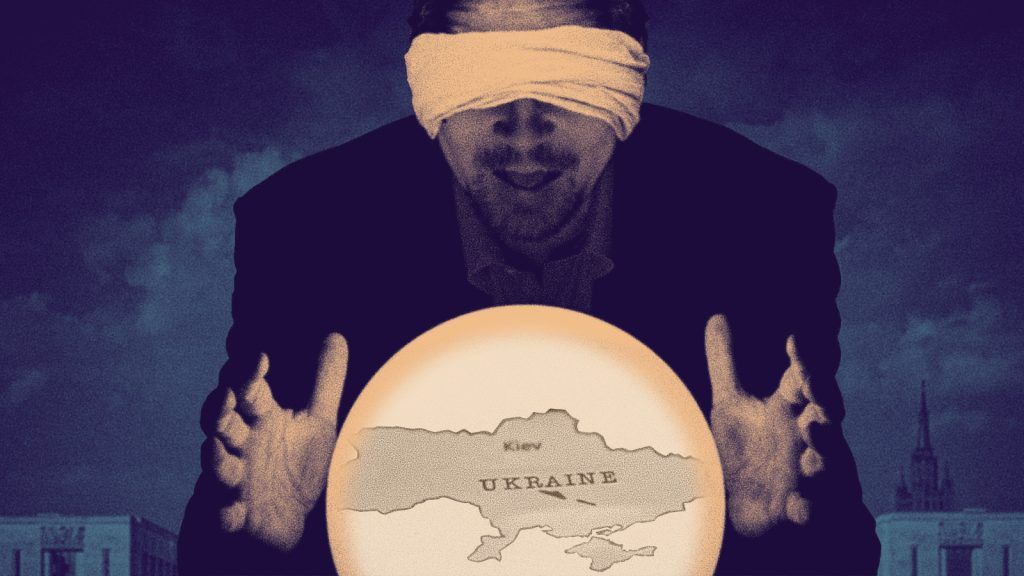
EUvsDisinfo: The crystal ball of wishful thinking |
October Revolution day
It is important to remember that the main Soviet political holiday during the entire history of the USSR since 1918 was the anniversary of the October Revolution marked on 7 November. On this day every year, the USSR organised its main military parade on Red Square and flashed its military might as an integral part of Soviet culture. The main message did not focus on 9 May but used to be about the spread of communism and the inevitability of the coming world revolution.
Putin and ‘Victory madness’
Vladimir Putin came to power in 2000. Since 2007-2008, the Russian celebration of Victory Day has undergone a substantial shift. Putin, who threw down an open geopolitical challenge with his infamous 2007 Munich Speech confronting what he saw as ‘Western dominance’, decided to use Victory Day as a key element of his domestic propaganda. It was supposed to boost ‘patriotism’, glorify the Russian military, and mobilise the public in the face of the Western ‘threat’ to Russia.
Since 2008, fundamental changes under Putin’s rule
Under Putin’s rule, several fundamental changes appeared in Victory Day celebrations:
Before 2008, the core of Victory Day was a tribute to WWII victims and veterans. On this day, the society commemorated all the war’s atrocities and the heroism of its survivors who shared their terrible memories with the message that such events should never be repeated.
After 2008 – and following Russia’s war on Georgia in August of that year – the idea behind the Victory Day celebrations turned from ‘Never again’ to ‘We can repeat it’. Under Putin, the day turned into an aggressive ritual promoting Russian military might, the Kremlin’s willingness to use military force against its adversaries, and a day glorifying warfare itself and all its atrocities.
New rituals
Since 2008, Victory Day parades have become yearly and the quantity of military equipment displayed has grown dramatically. In addition, the Russian air force began to take part in the Moscow parade. Even in Soviet times, flights of combat aircraft over the Russian capital were extremely rare. Also after 2008, Russian authorities invented new Victory Day rituals not used during Soviet times, at least not on such a large scale. First of all, Putin replaced the old Soviet symbols (the Red Flag) with the orange-and-black St. George Ribbon, which became the main emblem of Putin’s own ‘Victory Day’ while the Red Flag became secondary.
As veterans have gradually passed away, attempts to reinvent or rejuvenate 9 May were made. Russian authorities also started organising massive public marches of the so-called ‘Immortal Regiment’, where regular Russians marched with pictures of their grandfathers who took part in WWII. It was originally a grass-roots initiative which the Kremlin then appropriated. These ‘Immortal Regiment’ marches gathered millions of regular Russians. They became the largest public demonstrations in recent Russian history. Many people marched by their own decision but there are also many accounts of students and school children being mobilised to fill the parades and display pictures unknown to them but handed out by organisers.
This year, in 2023, the full-scale Immortal Regiment parade was cancelled on 18 April but replaced with calls for people to join virtual on-line parades. It might be that authorities fear the parade could become a symbol of dissent if people displayed pictures of loved ones killed in the ‘special military operation’, where official casualty figures are rarely reported and kept unrealistically low.
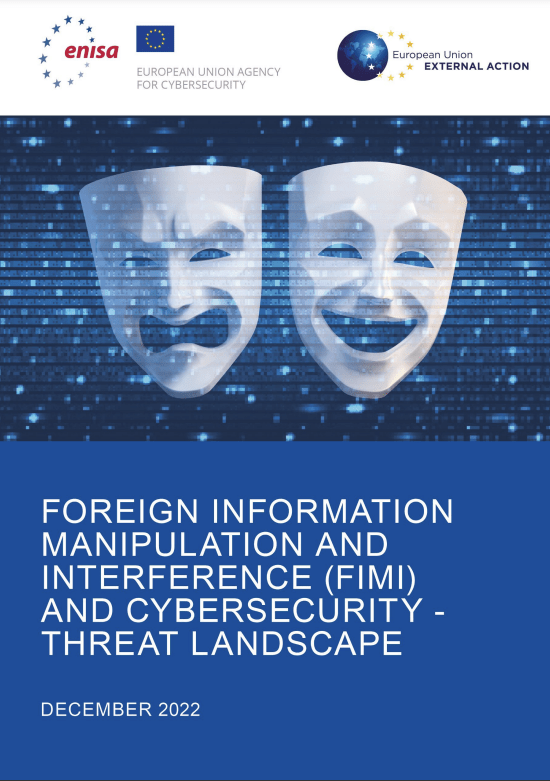
Foreign Information Manipulation Interference (FIMI) and Cybersecurity – Threat Landscape |
The West becomes the enemy
The main slogan of Putin’s Victory Day is “We can repeat it”. In parallel, there has been an ever stronger down-playing of the importance of the material support received from the Western allies during 1941-1945. From the recognition by Stalin and Khrushchev “…Without the machines we received through Lend-Lease, we would have lost the war.” to claims that the Lend-Lease “did not play any decisive role”. This position seem to be picked up by most of the population.
Now, the main enemy is also clear – the present-day “Fascist/Nazi” West. Putin’s propaganda still promotes the message that Russia is not afraid to “repeat” a terrible war with tens of millions of casualties and enormous losses and destructions only to show its “greatness” and “glory”.
This trend has accelerated during the 2010s, picking up stream since the 2014 invasion and illegal annexation of Crimea. On 9 May 2022, a few months into the full-scale war against Ukraine, Putin devoted most of his speech to lashing out against the West and defending the invasion of Ukraine.
2022: less military equipment
2022 marked a shift in the quantity and quality of military equipment displayed in Victory Day military parades. Combat aircraft, for example, did not participate because of ‘weather conditions’, according to authorities. But many experienced pilots and aircraft have been lost during operations in Ukraine. It remains to be seen how many aircraft will appear in this year’s parade.
This year, 2023, even without ‘Immortal Regiments’ to fill the streets, one thing seems certain. Putin’s speech and rhetoric will be vitriolic. If the quantity of military hardware is lower than last year, his words will try to compensate. The recent incident with drones over the Kremlin seems only to reinforce a more hard-line tone. We saw a precursor earlier this year during his speeches at the memorial events for the Leningrad Blockade and the Stalingrad battle where he called these times an existential battle for Russia.
More information: EUvsDiSiNFO

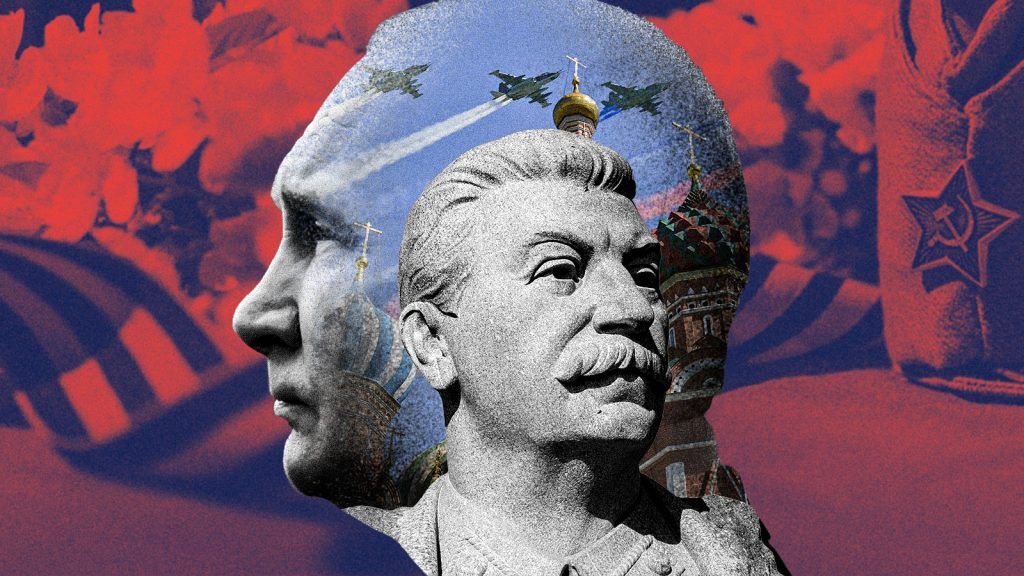
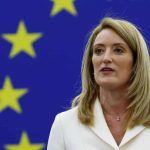
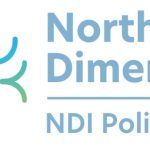
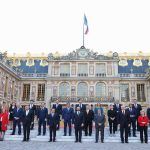
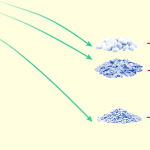
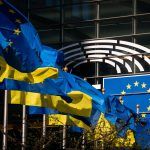
Leave a Reply